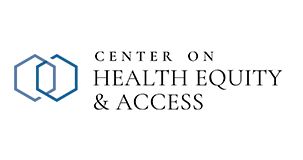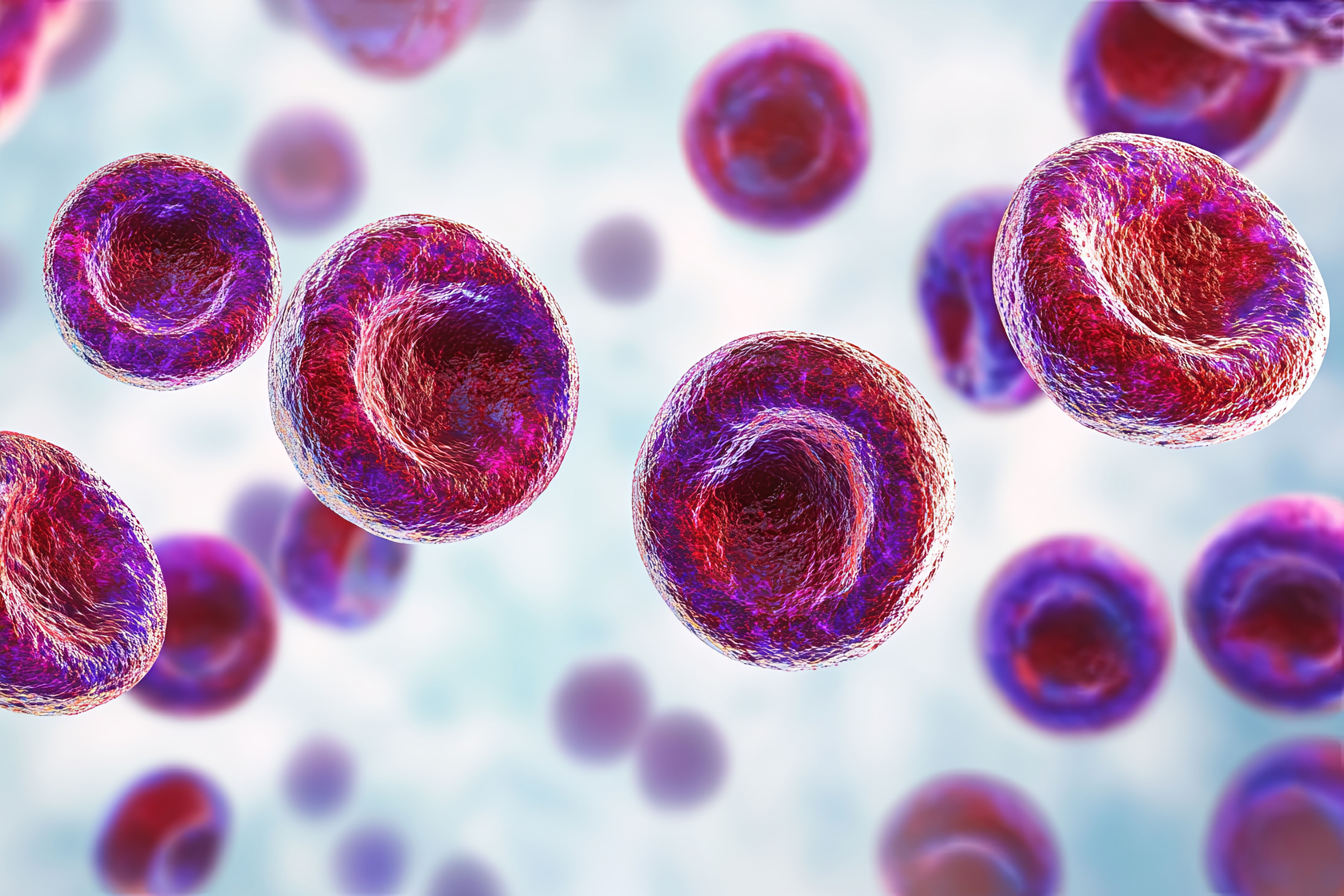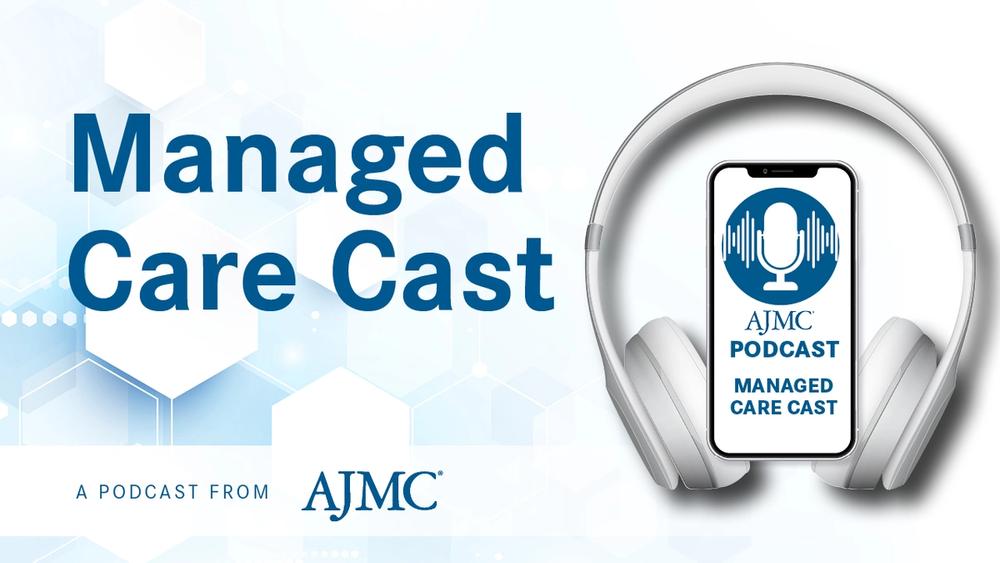News
Article
Emerging Therapies in HER2-Mutant NSCLC: Expert Insights From Dr John Heymach
Author(s):
John Heymach, MD, PhD, The University of Texas MD Anderson Cancer Center, discusses exciting developments in HER2-targeted therapies that he foresees making a difference in the treatment of non–small cell lung cancer (NSCLC).
Opening day of the 2024 World Conference on Lung Cancer included a session that shined a spotlight on novel therapies being developed for clinical use. Speakers discussed unmet needs in lung cancer, future treatment perspectives, emerging therapies, and the selective targeting of HER2 in non–small cell lung cancer (NSCLC).
Following his HER2 presentation, John Heymach, MD, PhD, chair of the Department of Thoracic/Head and Neck Medical Oncology, The University of Texas MD Anderson Cancer Center, discussed current advancements in this field, important considerations for patient selection, the safety and tolerability of HER2-targeting therapies, future research efforts, and more.
This transcript has been lightly edited for clarity and length.
John Heymach, MD, PhD | Image Credit: The University of Texas MD Anderson Cancer Center

The American Journal of Managed Care® (AJMC®): What are the latest advancements in selectively targeting HER2 in NSCLC, and do these approaches differ from traditional HER2-targeted therapies used in other cancers?
Heymach: Currently, we don't have any oral agents approved for HER2-mutant lung cancer. The only approved targeted treatment for these patients is the antibody-drug conjugate (ADC), trastuzumab deruxtecan, which is a drug that has activity but comes with significant toxicities and the duration of responses are modest.
Earlier oral medications—earlier tyrosine kinase inhibitors (TKIs)—had been tested for these patients, but the drugs carried substantial toxicities and treatments were not highly effective. So, in light of that background, our results were very encouraging because we sorted 2 TKIs: zongertinib (BI 1810631; Boehringer Ingelheim) and the Bayer BAY 2927088 compound.
Both were highly effective in terms of inducing responses, both with response rates around 70%. Now, the data are still early, and we don't yet have this whole set of data available, but given this high response rate, I think it seems likely that in the near future we're going to have an oral medication that's highly effective in patients with this disease.
AJMC: In your opinion, what are the most critical factors in identifying patients who would benefit most from HER2-targeted therapies?
Heymach: In recent years, we've seen an increase in the number of patients who are receiving we call next-generation sequencing (NGS), and this is critical because patients with HER2 mutations can have a wide variety of different mutations. There isn't one single mutation that you can run a test for. For that reason, it's critical that NGS or a similar approach be taken.
It's worth noting that tests used for breast cancer—for example, HER2 amplification or HER2 immunohistochemistry—are not relevant to this population in lung cancer. It's HER2 mutations that we're targeting that can only be discovered with sequencing. NGS was not widely used until the last couple of years for lung cancer, and it still has not been implemented at the levels that are needed for the population. So, there's still a lot of patients who don't get appropriate NGS testing. This an important need in this field: to make sure that all patients with NSCLC do get appropriate NGS testing, and that includes HER2 as part of that testing.
AJMC: What are the common mechanisms of resistance observed in patients receiving HER2-targeted therapies in NSCLC, and how can these be managed?
Heymach: That’s a great question. The data are still too early at this point, so we have not identified common mechanisms of resistance. We know from similar types of drugs with EGFR, which is a related gene, that resistance can arise through multiple mechanisms. You can get additional mutations in the gene itself, or you could turn on other pathways, and we assume similar things will occur with HER2. But none of that data has been reported yet because it's still too early, and we don't have a big enough experience with patients with resistance.
AJMC: Are there ongoing studies exploring combination therapies or novel agents to address resistance?
Heymach: I think combination studies are just being started now. I am particularly enthusiastic about combinations of these oral medications with ADCs like trastuzumab deruxtecan or other similar drugs, because we see each of those drugs works by a different mechanism. And so, we expect that putting the 2 drugs together, we may be able to really target a drug resistance or prevent it from emerging more effectively. It's also worth noting that because these are different types of drugs, antibodies of conjugates like trastuzumab deruxtecan and the TKIs, the data we have so far suggest that resistance to the ADCs won't mean resistance to the TKIs, and you can still treat patients after they've progressed on the ADCs effectively with a TKI.
AJMC: How do the safety and tolerability profiles of selective HER2-targeted therapies in NSCLC compare with other targeted therapies or standard chemotherapy? Are there any unique adverse events associated with HER2 inhibition that clinicians should be aware of?
Heymach: The advantage of oral TKIs, or HER2-specific TKIs, is they don't carry with them the toxicities associated chemotherapy, like hair loss, significant nausea, or immune suppression. There are some toxicities observed, but overall, they are much milder and much more easily managed. For zongertinib, there was, in some patients, diarrhea observed or mild rash. But this was always grade 1-2 and was easily managed. Very rarely did patients have to have a dose reduction. So overall, it had a very favorable safety profile. In addition, occasionally patients had an elevation of their liver enzymes. But again, this rarely required dose reduction.
For BAY 2927088, there was a higher rate of diarrhea, including grade 3 diarrhea, which is more serious. So, it may require prophylactic management where patients are given medications ahead of time to prevent it from occurring.
Newsletter
Stay ahead of policy, cost, and value—subscribe to AJMC for expert insights at the intersection of clinical care and health economics.





